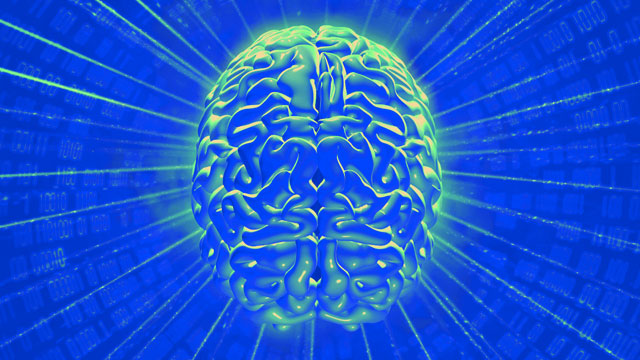3 reasons why I appreciate AI and maybe you should too

Machine learning and advanced algorithms have been around for a while, but it’s only in the last five years or so that generative AI models have begun to break into the public’s consciousness.
Over the last half-decade, it has evolved from a mildly amusing demo tool for tech giants to a very real presence in many people’s lives. That has had both good – tools to make the world more accessible for people with disabilities – and bad – every student is apparently outright cheating – effects on those who use AI. There’s even a new “AI Appreciation Day” on July 16.
I write extensively about AI and have spent a lot of time experimenting with the tools and features produced using large language models and related developments. So, I decided to put together my own list of reasons to appreciate AI, focusing on those positive aspects, large or small, that I am sure I’m not alone in appreciating. They aren’t flashy, but they do improve my life in ways that would be difficult to replicate otherwise.
Remembering what I forgot to remember to not forget

No memory is infallible, and lists are a great way to keep on top of what’s important. But, what if you forget to write down the thing you want to remember? It won’t be on your checklist, and you may end up totally flummoxed at the worst possible moment. There have been times when I’ve only remembered to write down about half the things I’m supposed to do. The rest floated off into the void, like loose socks in a dryer. AI tools like ChatGPT are great for not only holding onto my lists of things to do, but also for suggesting that the list may not be complete.
For example, I remembered to make a shopping list recently and had ChatGPT set to remind me around the time I wanted to get ready to go. The AI asked me if I wanted to include a reminder to bring my reusable bags for the trip. Yes, I did, and would have almost certainly forgotten them as I have before. But, thanks to the reminder, when the chatbot sent me the reminder about when I wanted to go to the store, it also mentioned grabbing the bags. A helpful time and money-saving tip in a small but appreciated way.
Kitchen prep

Speaking of grocery shopping, as much as I would like to be the person who knows exactly what to buy every trip for a specific set of meals, I’m more of a pinball, bouncing off random items and buying whatever my gaze falls upon that looks interesting. The chaos of cooking improvisation and late-night food regret (which only really applies if my wife isn’t around) was a really bad habit. However, much like AI helped me organize myself before the store, it also helps me plan what I get there by planning ahead for meals.
Based on my previous requests for recipes and meal ideas, I started asking different AI assistants for ideas on future meals and to make grocery lists based on those meals. The AI would happily do so, including alternative recipes I could make with other mixtures of those ingredients. I’d use those lists when shopping to make the meals, then, based on how I felt about them, ask for a future shopping list that removed certain ingredients or had more of others I liked.
Even better, it cross-checks my calendar to avoid scheduling “cook elaborate dinner” when I’ve noted a lot on my more metaphorical plate that day or the day after.
It’s even been helpful when I ask for shopping suggestions by checking if I have leftovers of some of the ingredients from before, which helps me come up with recipes that use them up before they go bad. If it could actually make some of the food or at least chop the vegetables, it would be the perfect sous chef.
Entertainment curation

Nothing feels more modern than being paralyzed by infinite choice. I’ve experienced scrolling through 400 options on just one streaming service before realizing it’s too late to watch anything and going to bed, and I know it’s far from a unique experience. Figuring out what to watch, or read, or listen to can be tough. The best is always getting advice from friends, but you may not have the same taste, and they could also just like the wrong things (you know who you are).
Working out what I might like to get into next is something talking to an AI has been a big help with. There are even custom GPTs focused solely on that. They get you into a conversation about shows you’ve enjoyed, what you like and don’t like about their stories, performers, and so on, and then come up with some very specific recommendations, including why you might like them without spoiling any details.
After it accurately picked the last few shows I’ve really enjoyed, I’m much more comfortable turning to my AI curator for ideas. It may not always get it right in the future, but it’s opened up my horizons to some entertainment I’d never have considered or possibly even heard of before.
Appreciating my AI
I don’t think AI will radically alter my existence in the next few years, and I do have qualms around how it works and what it’s used for, but I won’t deny that it can make life a little more manageable. I don’t need AI to solve existential crises or think it will invent workable flying cities. I do think it’s great for helping you keep track of things and curating the endless firehose of content into something more manageable and human-scale.
AI is a tool, but it’s one that, at its best, augments decision-making and smooths the more chaotic and confused moments to help us sort through them with a clear eye. I don’t expect many AI Appreciation Day parties to pop up this month, but if somebody passed around a card, I would at least sign it and add a corny pun or two.



